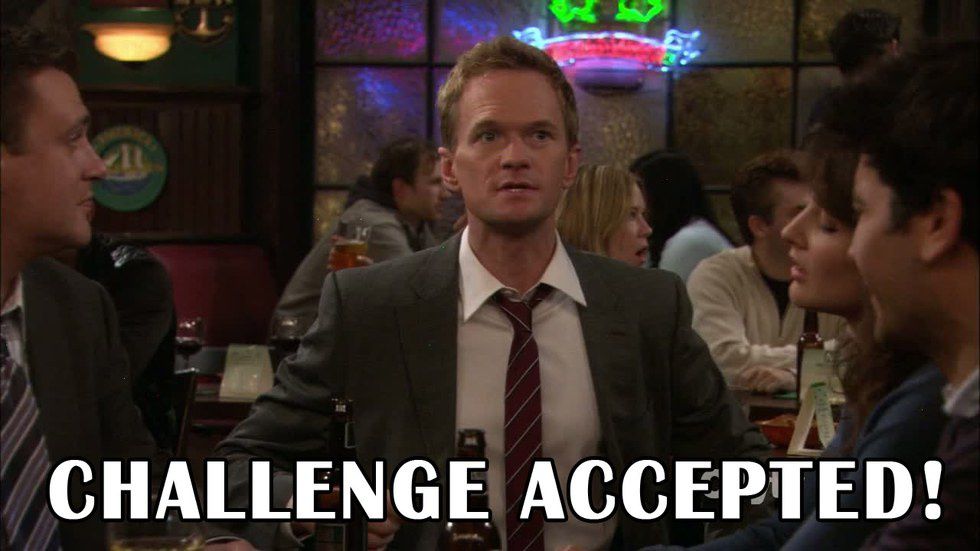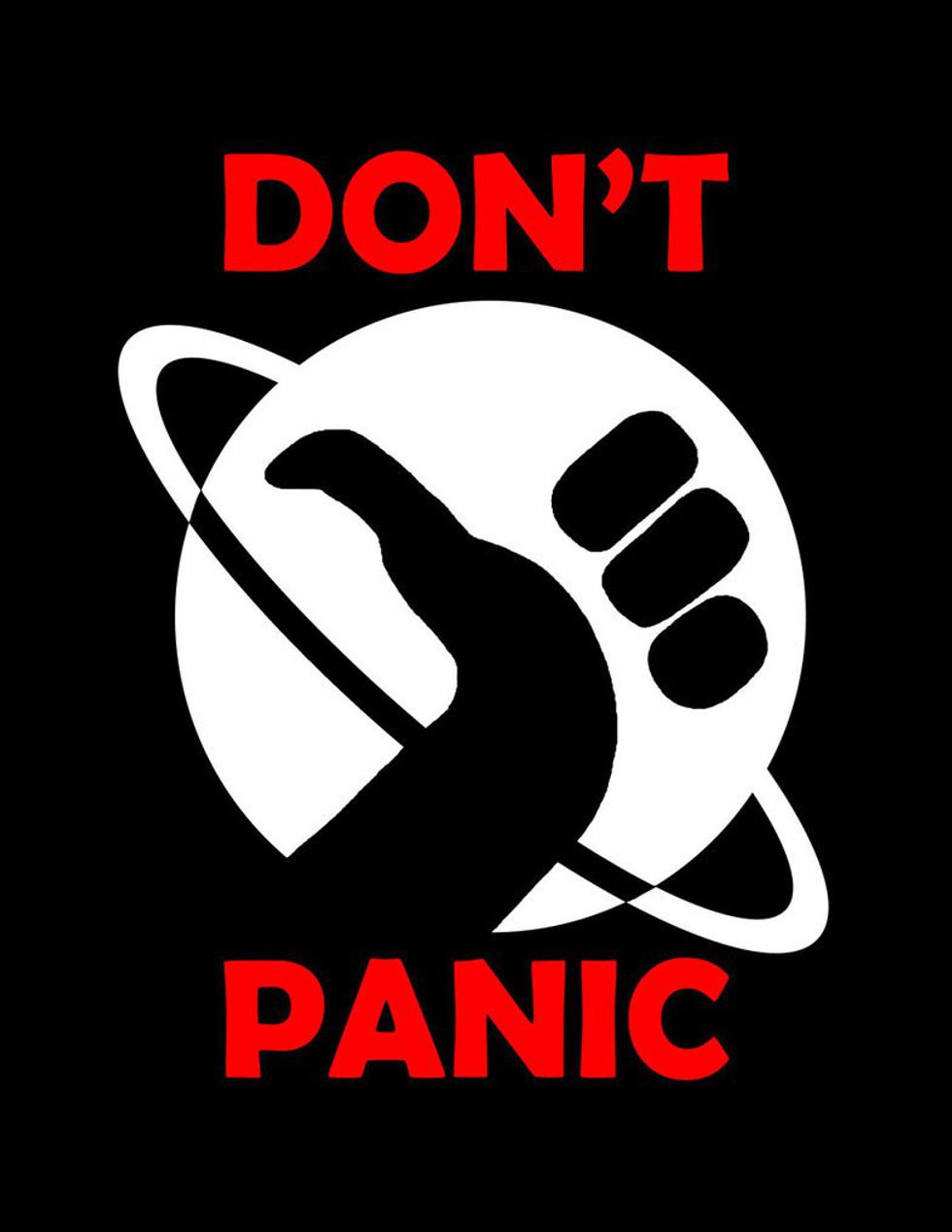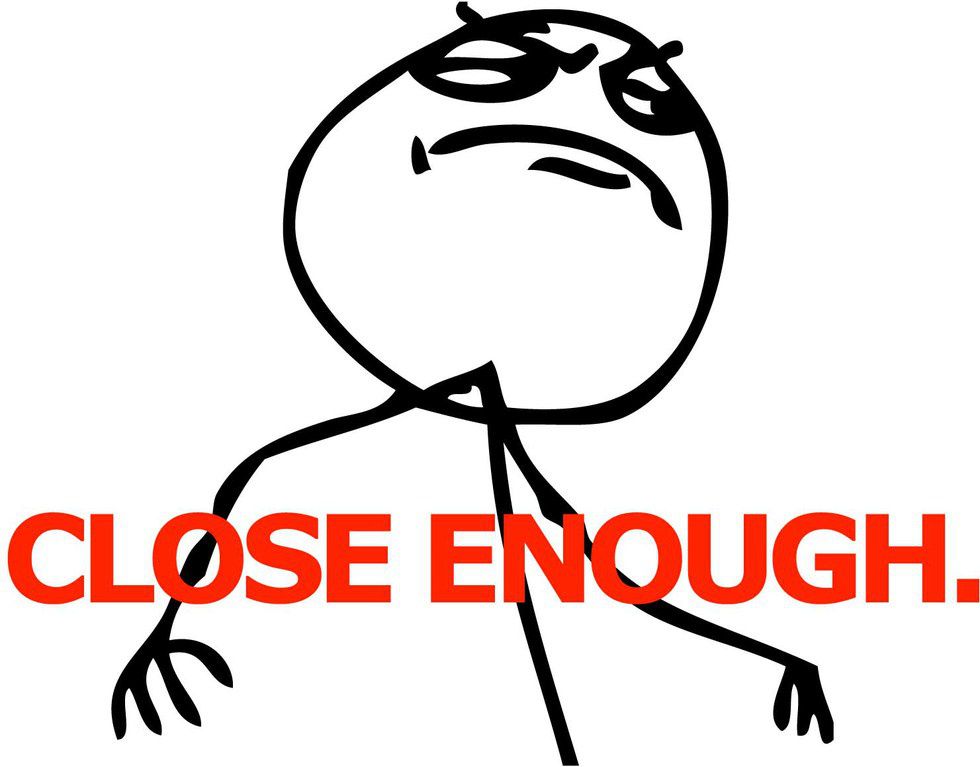Don’t judge a book by it’s cover. The same advice goes for films and the trailers that accompany them.
Trailer Spoilers Ahead: Is it a recent trend in the movie-making world where trailers give away important plot points or interesting twists? This has been the case in two superhero movies, in the past several months. Once, in the critically panned "Batman V Superman," and again in Marvel’s "Captain America: Civil War." Any big surprise that could have unfurled at the end of the DC film was spoiled by the wholly unnecessary reveal of Doomsday at the end of the trailer. Then the Marvel trailer shows Spider-man’s arrival to the MCU, again at the end of the trailer. This one makes me think of how amazing it would have been to be watching the film, to then be surprised by Spider-man. There is no possibility of surprise now that publications from all over have written of how great his suit looks or their personal excitement for his arrival.
The problem with trailers is that the audience should not have to actively avoid them. In order to get the best experience from the film, shouldn’t the audience first be interested by a trailer, only to be both surprised and pleased with the final product (if it’s made well)? This becomes an issue not of avoiding trailers on YouTube, but of having to sit through them at a theater. It is unfortunate when you are awaiting your feature presentation, only to be spoiled out of a movie that will be out in several months.A good trailer should entice the audience without giving away too much of the plot. I would much prefer a trailer intriguing me with little knowledge, than being struck over the head with far too much.
But, I fear this issue has to do with the audience as much as it does the marketing teams of movies. When a trailer debuts and doesn’t give enoughinformation, the audience hates that too. That causes blowback on the production, making the next trailer spoiler heavy, and unfortunately informative.
Another issue with trailers is the mis-marketing. Studios try to create trailers that are accessible to as wide an audience as possible. That is not a bad thing, just common sense business. While in a business sense, this makes sense, it can cause problems. The 2011 Nicolas Winding Refn film "Drive" was marketed as a "Fast and Furious" or "Transporter"- type film, though it turned out to be a mostly quiet character study. When audience members feel cheated and want their money back, was it worth mis-marketing the product?
Even after 100 years of filmmaking, Hollywood is still finding it's footing. I am hopeful for the future, but until then, I'll be staying away from trailers.


























